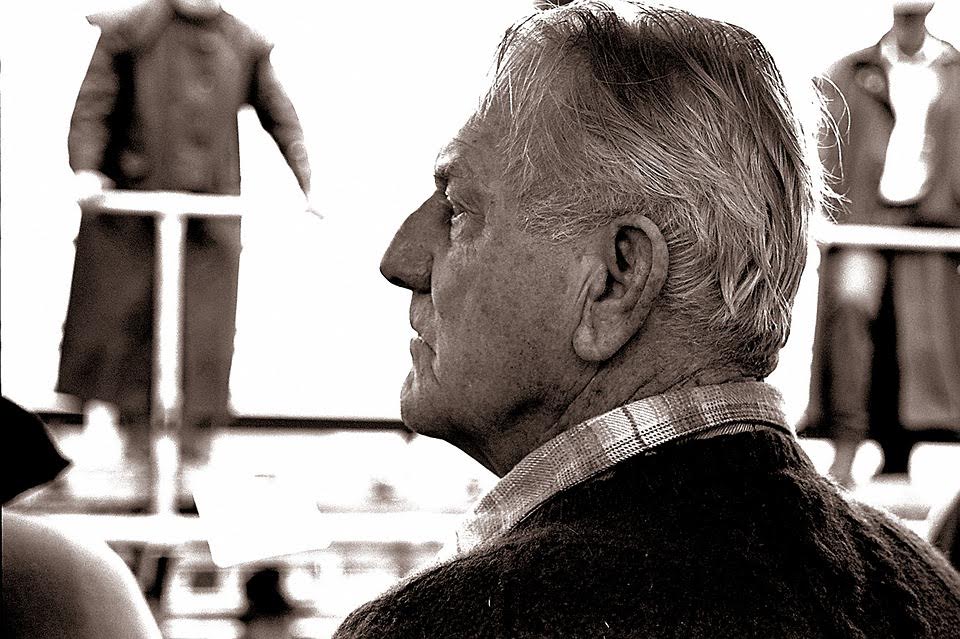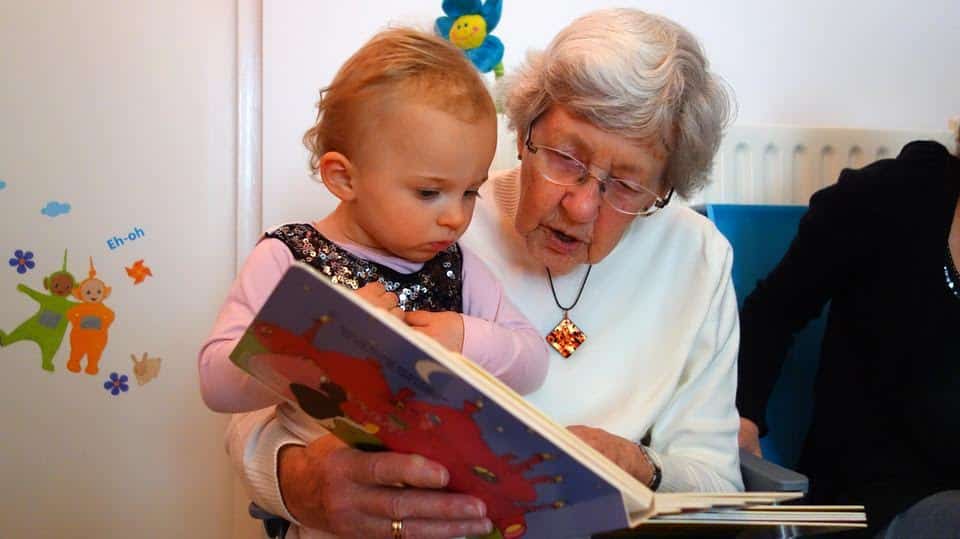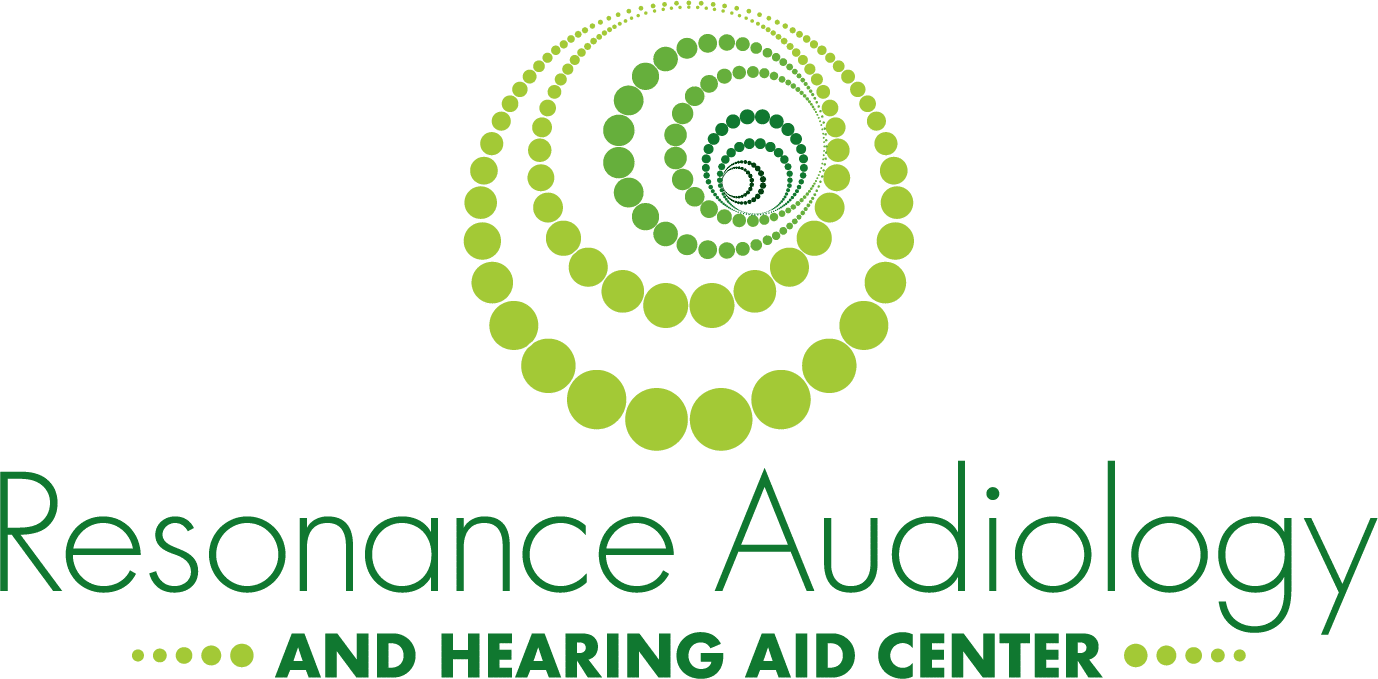What Happens to Your Hearing as You Get Older?
As we grow older, most of us start to gradually experience age-related hearing loss. Per NIDCD Epidemiology and Statistics Program, approximately one in three people in the USA between the ages of 65 and 74 has hearing loss, and almost half of men and women older than 75 have difficulty hearing.
Hearing loss is one of the most common conditions affecting older adults, so we wanted to shed light on what exactly happens to our hearing as we get older.
Age-related hearing loss, or presbycusis, mostly occurs in and affects both ears. Since the loss is gradual, and very slow in some cases, those experiencing age-related hearing loss may not even realize that they’re losing some of their ability to hear.

Hearing loss occurs when the tiny hair cells inside the inner ear, which help us hear, are damaged or die; since hair cells cannot re-grow, most hearing loss caused by hair cell damage is permanent.
While there is no known single cause of age-related hearing loss, most commonly, it’s the changes that occur in the inner ear as we grow older.
Many other factors can contribute to age-related hearing loss, such as family history (it tends to run in families), certain medical conditions that are more common in older people (such as diabetes and high blood pressure), certain medicines that are toxic to the sensory cells in your ears (such as chemotherapy drugs), smoking, etc.
Prolonged exposure to loud noises can also play a big role, yet it can be difficult to distinguish age-related hearing loss from hearing loss that occurs due to long-term exposure to sounds that are either too loud or last too long.
Less commonly, age-related hearing loss can be caused by abnormalities in the middle ear or the outer ear, or complex changes along the nerve pathways from the ear to the brain.
It’s quite typical that older people suffering from hearing loss will have a combination of both age-related hearing loss and noise-induced hearing loss.
At this time, there’s still no answer as to how to fully prevent age-related hearing loss, but you can protect your ears from loud and prolonged noise. Potential sources of damaging noises are loud music, firearms, snowmobiles, lawn mowers, and leaf blowers – they can all contribute to noise-induced hearing loss. Avoiding loud noises, reducing the amount of time you’re exposed to it, and using earplugs or earmuffs are some easy ways to protect your hearing as much as possible.
If untreated, hearing loss can lead to psychological and social Issues, with emotional and societal consequences. More and more recent studies have found that hearing loss, a common condition afflicting nearly half of elderly Americans, if untreated – negatively affects quality of life, and can have a big impact on an aging adult’s personality. Hearing loss can also make it difficult or impossible to engage in talking with family and friends, leading to feelings of isolation. For elderly, especially, having trouble hearing can create a lot of distress and bigger problems, such as not being able understand and follow doctors’ advice, respond to alarms and warnings, and hear phones, doorbells, and vehicle horns.
At Resonance Audiology & Hearing Aid Center, as hearing care experts and enthusiasts, we are also committed to educating people on the importance of identifying and treating hearing loss, and finding solutions to improve the quality of life for those who are experiencing it.

Our experienced audiologist is here to help with a hearing test and with selecting and dispensing the most suitable hearing solution, so that you or your loved one can enjoy life more fully again!
Contact us today at our Audiology office in New Holland, PA and learn more about hearing loss and superior hearing aid solutions.
